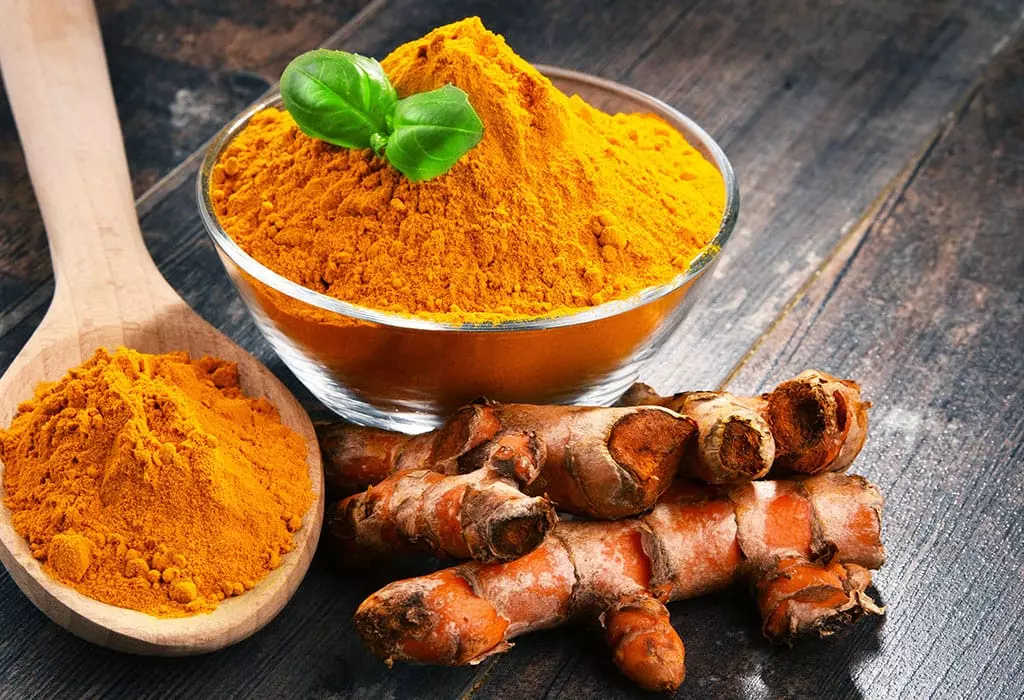Online doctors at Just Health Experts have served an amazing role helping individuals remotely. Here’s a response to a frequent inquiry by users of the service and Turmeric For Heart Health.
Heart disease, also known as cardiovascular disease, is made up of many conditions involving the heart. For example, heart diseases include problems with arteries, blood vessels, heart rhythms, and heart defects.
Healthy lifestyle interventions such as exercise and diet are preventative and treatment options for people with heart disease. In addition to lifestyle interventions, there are natural supplements for improving and supporting heart health. Specifically, a natural supplement for heart health is turmeric.
What are Causes of Heart Diseases?
Heart diseases are caused by damages and blockages to heart or blood vessels, abnormal heartbeats, heart defects, or weak heart muscles.
A major contributing factor to vessel damages is atherosclerosis. Atherosclerosis is the buildup of plaque in the arteries. Plaque is made up of fatty deposits that stiffen and block the walls in the artery. This blockage decreases or prevents blood flow to the heart.
Abnormal heartbeats are also known as arrythmias. Abnormal heart rhythms affect how blood flows through the heart.
Heart defects contribute to heart diseases. Unfortunately, you are born with them. Heart defects slow down blood flow to the heart. Reduced blood flow delays oxygen uptake. Oxygen is important for many of the body’s energy pathways.
Weak heart muscles prevent the heart from pumping blood effectively. When blood cannot flow properly, oxygenated blood cannot be delivered. As a result, important pathways and reactions cannot function properly.
What are risk factors for getting heart disease?
There are risk factors that can and cannot be changed. Listed below are risk factors for developing heart disease.
- Increased age
- Male gender
- Family history
- Smoking
- Cancer chemotherapy drugs and radiation
- Unhealthy diet
- High blood pressure
- High cholesterol levels
- Diabetes
- Obesity
- Not exercising
- High stress
- Poor hygiene
What are alternative options for preventing heart disease?
There are lifestyle interventions and natural supplements like turmeric that support heart health. Listed below are options for lifestyle interventions.
Lifestyle Interventions
- Low fat diet
- Low sodium diet
- Quit smoking
- Moderate intensity exercise for about 30 minutes on most days, or 150 minutes a week
- Limit alcohol consumption
What is turmeric?
Turmeric is a spice and herb that belongs to the same family as ginger. It is an ingredient used for cooking and in cosmetics. Turmeric has also been used for centuries for its medicinal properties. For example, it is used for skin diseases, infections, stress, and depression.
How can turmeric support heart health?
The active disease fighting compound in turmeric is Curcumin. Curcumin is an orange and yellow color. It has antioxidant, anti-inflammatory, and anticancer properties. As a result, Curcumin is a protective agent in the body.
Curcumin has the above-mentioned properties that fight against toxins. Specifically, Curcumin supports heart health by targeting cardiovascular diseases, obesity, and diabetes mellitus. Obesity and diabetes mellitus are comorbidities that increase the risk of developing heart disease.
Cardiovascular diseases
Inflammation is a major contributor in cardiovascular diseases. For example, toxins in the body such as free radicals or reactive oxygen species increase inflammation. Curcumin aids in removal of these toxins. In addition, Curcumin reduces triglyceride and LDL cholesterol levels. High cholesterol levels are related to increased heart disease risk.
In cellular studies, curcumin was beneficial and a protective agent against heart failure. Heart failure is when blood does not flow well through the heart, leading to a buildup of fluids. In many studies, similar results of increased cell survival and reduction of toxic free radicals was presented through various pathways. This shows the effectiveness and protective effects of curcumin for heart health.
Curcumin also blocks platelets from forming. This reduces clot formation. Clots increase chances of heart attacks and stroke. Furthermore, in patients experiencing atrial fibrillation, blood pools in the heart and clots can occur. Atrial fibrillation is rapid or irregular heart rate.
When the blood pools, clots form and travel through your body and blood vessels. Strokes result from clots moving into your brain. The clot blocks a blood vessel and prevents blood flow to the brain.
Obesity
Side effects of obesity correlate with increased risk of mortality. For example, increased inflammation is a side effect of obesity. The body compensates for extra fatty tissues and its effects by releasing more disease-fighting cells. The increase in disease-fighting cells creates more inflammation. Curcumin reduces and suppresses the signaling pathway for the increased release of these cells.
Diabetes Mellitus
Diabetes is a common comorbidity in many chronic disease states. For example, it affects organs such as the heart, liver, brain, and kidneys. Many inflammatory markers, such as increased blood sugar levels, produce a cascade reaction that signal for inflammation.
Curcumin reduces blood sugar production in the liver to decrease levels. In addition, it suppresses inflammatory responses from high blood sugar levels. It also helps cells with glucose uptake.
By addressing other contributing factors such as obesity and diabetes mellitus, turmeric and its active compound curcumin can reduce risks of developing heart disease.
Is turmeric safe?
The United States Food and Drug Administration portrays curcumin as “generally recognized as safe”. For example, it does not have any toxic effects on the body. In several studies, curcumin was given in healthy individuals at up to 12000 mg. As a result, 12g/day of curcumin was safe with no serious side effects.
However, nonserious side effects turmeric are its color and smell. As mentioned previously, curcumin gives turmeric its orange-yellow color. Also, the smell is pungent and concentrated.
Conclusion
Heart disease, also known as cardiovascular disease, is a serious disease that affects the heart. A variety of heart conditions are affected by malfunctioning blood vessels, heart rhythms, or heart defects. However, everyday lifestyle changes can treat or prevent many heart diseases.
Lifestyle changes include making healthy decisions such as not smoking and having a healthy diet. Also, natural supplements are add-on therapy for maintaining symptoms and reducing contributing factors of heart disease.
For example, turmeric is a common safe spice and herb that has been used for centuries for supporting heart health. It has many properties that regulate common comorbidities of heart disease like obesity and diabetes mellitus. For more information about this topic, please visit Nature’s Reveal.











